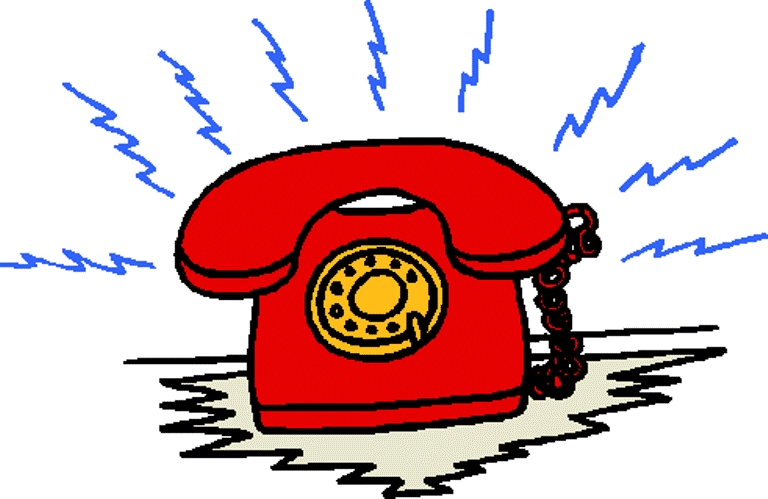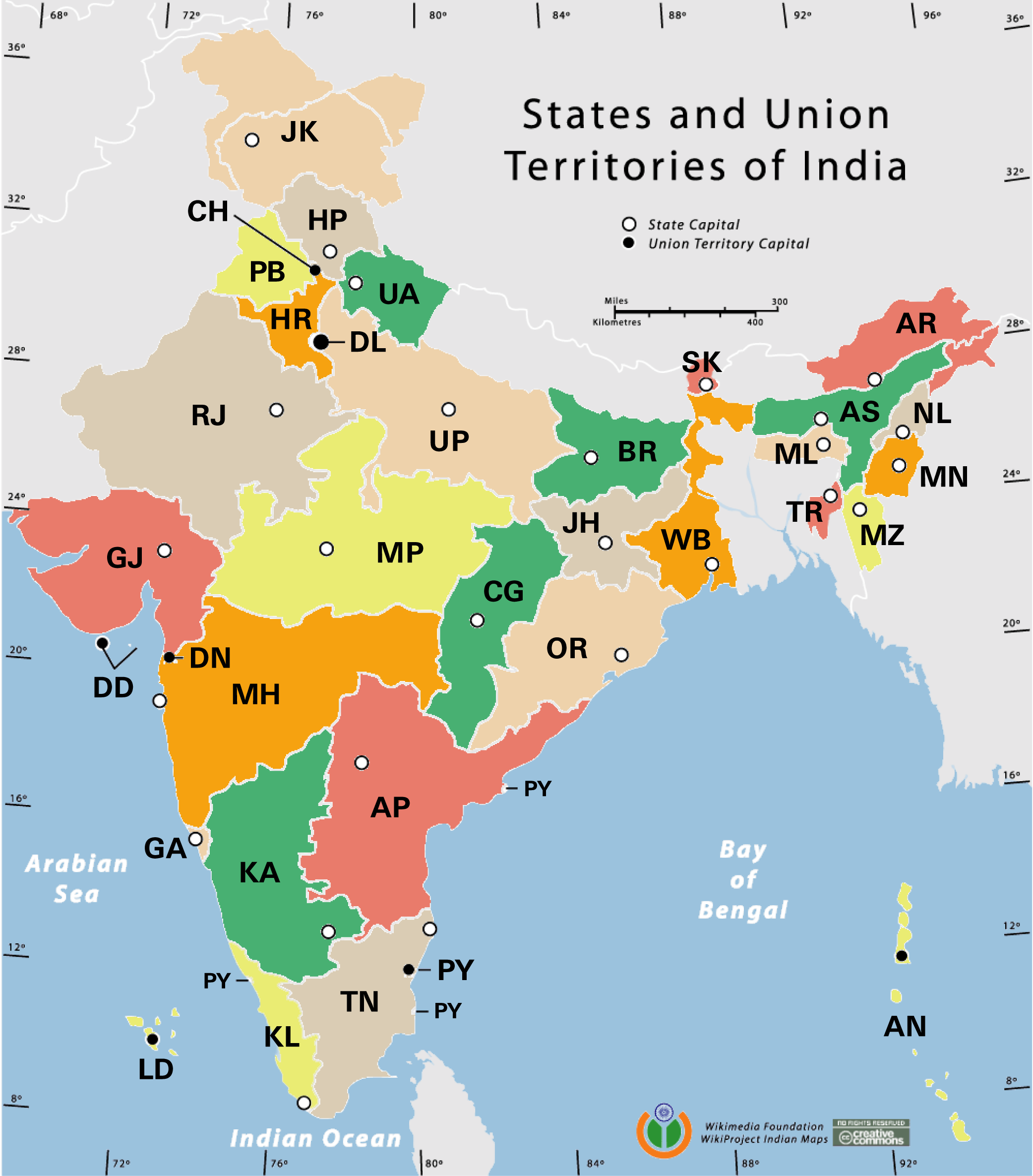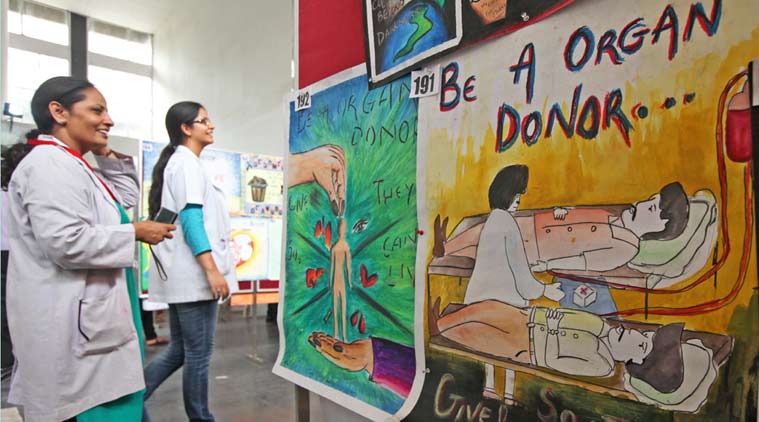Officials of All India Institute of Medical Sciences (AIIMS) have got busy in receiving the calls after the news came out about external affairs minister Sushma Swaraj’s kidney failure and she is admitted to AIIMS. They are receiving calls from unknown people across the country asking to donate their kidney to the minister. A person who was continuously calling since 7.30am on Thursday asking to donate kidney to Swaraj

AIIMS’ Phones are busy in receiving calls of donors
The caller is from Tamil Nadu, wanted to know the procedure of donating his kidney to her. The official asked the caller that he is not an authority and should call to a relevant person and he hang up the phone, after that his phone did not stop ringing.
The official was flooded with calls a day after Swaraj informed on Twitter about her Kidney failure on Wednesday. “I cannot remember the exact number of call that I have received. However I remember receiving around forty calls”, said an official.

Officials receive calls across the country but mostly are from Hindi-belt
The official said that he got calls from throughout the country but mostly were from Hindi Heartland. One call that he received was from Tamil Nadu as a caller as he observed to his accent. “I got calls from different states, but the majority of them came from Uttar Pradesh, Bihar, Punjab, and Haryana.”
Sushma Swaraj recognized a groundswell of the support. She said “Some friends have also offered their kidney for my transplant. I have no words to express my deep sense of gratitude towards them.” Swaraj had earlier announced through twitter that she was undergoing dialysis at AIIMS following the failure. “I am undergoing the test for a kidney transplant. Lord Krishna will bless,”

Doctors are still searching a suitable donor for her transplant
AIIMS sources said that the minister’s diabetes was under control and she continued to investigation for renal transplant. They also told they are still in searching a suitable donor. The donor has to be immediate family members as per the rules. In a case of a cadaver transplant, the family consent of the donor is required.
AIIMS sources said the law allows unrelated people to donate kidneys for transplant; however, it is done in rare cases. Immediate family donors can be exchanged between patients in case the person is incompatible for donations. If a husband is willing to donate a kidney to his wife but is not compatible, he can do so for another patient, provided a relative of that patient is compatible with his wife and can donate a kidney.

